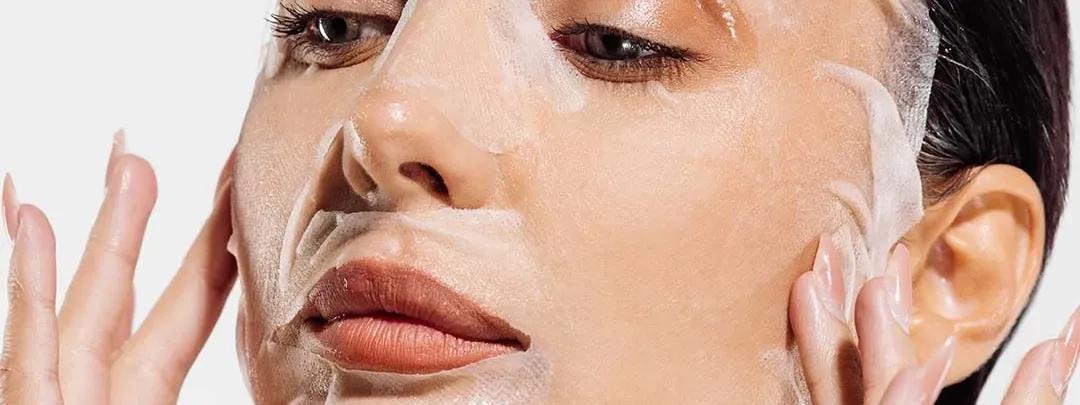Sometimes the best masks come straight from your kitchen. These
DIY recipes use simple, natural ingredients that might surprise you with their effectiveness. Plus, you know exactly what's going onto your skin.
Hydrating Avocado and Honey Mask
Mash half a ripe avocado with two tablespoons of raw honey. The avocado provides healthy fats and vitamins, while honey is naturally antibacterial and moisturising. Apply for 15 minutes, then rinse with warm water. Perfect for when your skin feels tight or dehydrated.
Brightening Turmeric and Yogurt Mask
Mix one teaspoon of turmeric powder with three tablespoons of plain yogurt. Turmeric has anti-inflammatory properties, and yogurt contains lactic acid for gentle exfoliation. Leave on for 10-15 minutes. Fair warning—turmeric can temporarily stain, so have a gentle cleanser ready.
Purifying Charcoal and Clay Mask
Combine one teaspoon of activated charcoal powder with two tablespoons of bentonite clay and enough water to make a paste. This powerhouse combo draws out impurities and excess oil. Apply to oily or problem areas, leave for 10 minutes, then rinse thoroughly.
Face Masks in Your Skincare Routine
Integrating masks into your existing routine doesn't have to be complicated. It's about finding the right rhythm that works with your lifestyle and skin needs. Consistency beats intensity every time, so start with what feels manageable.
Frequency Guidelines
Most people do well with 1-2 masks per week, but this depends on your skin type and the mask you're using. **Clay masks** and **exfoliating masks** are typically once-a-week treatments, while **hydrating sheet masks** can be used more frequently. Listen to your skin—if it feels irritated or overly dry, scale back.
Timing in Your Routine
Masks work best on clean skin, so they typically come after cleansing but before your serums and moisturiser. If you're doing a multi-step routine, think of your mask as the treatment step. Evening is often ideal because you have more time and won't need to worry about sun exposure with certain ingredients.
Seasonal Adjustments
Your skin's needs change with the weather, and your mask routine should too. Winter might call for more **moisturizing face masks**, while summer could mean incorporating more **pore purifying** treatments. Pay attention to how your skin feels and adjust accordingly.
Common Face Mask Mistakes to Avoid


 402 gm
402 gm 100 ml
100 ml 50 gm
50 gm 30 ml
30 ml